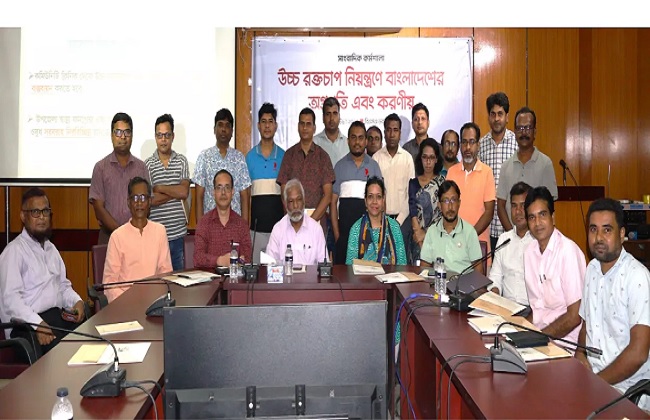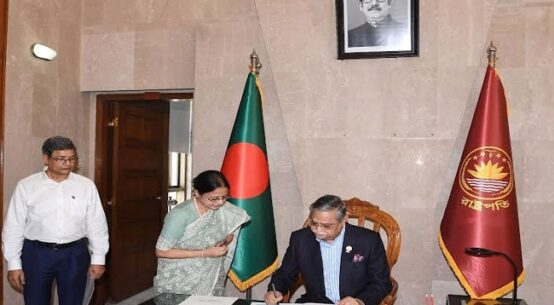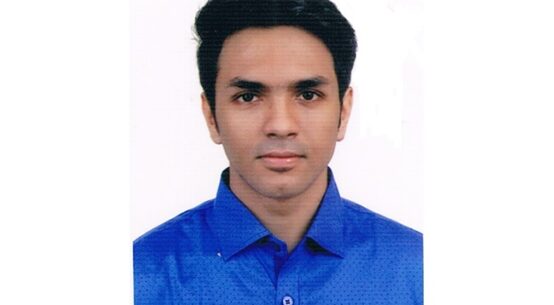
As a significant portion of the population in Bangladesh suffers from hypertension, experts at a workshop on Monday emphasised the critical need for consistent availability of medications for this disease in rural areas.
They highlighted that without reliable access to these essential treatments, efforts to combat this silent killer could be severely hampered, exacerbating health risks for vulnerable communities.
Muhammad Ruhul Quddus, Bangladesh Country Lead of Global Health Advocacy Incubator (GHAI), said, “While the provision of free medicine has already commenced to combat the prevalence of hypertension, ensuring its availability in all healthcare facilities at the grassroots level is essential to control hypertension-related non-communicable diseases and deaths effectively.”
At the same time, he said sustainable funding is required for an uninterrupted medicine supply.
With support from GHAI, research and advocacy organisation PROGGA (Knowledge for Progress) arranged the workshop for journalists titled “Hypertension Control in Bangladesh: Progress and Way Forward” at the capital’s BMA Bhaban. Twenty-six journalists working in print, television, and online media participated in the workshop.
Dr Md. Quiume Talukder, Line Director (CBHC) at the Directorate General of Health Services (DGHS), announced that they have already initiated the provision of anti-hypertensive medicines at community clinics in two-thirds of the Upazilas across the country. However, he emphasised the need for increased budgetary allocation to expand this initiative to all community clinics and ensure the availability of all necessary medications.
It was informed at the workshop that one in every four adults in Bangladesh suffers from hypertension, and it is one of the major risk factors for various non-communicable diseases, including heart diseases, stroke, cancer, kidney diseases, respiratory diseases, and diabetes.
Ensuring the availability of anti-hypertensive medicine at the grassroots level, along with increased allocation to effectively address hypertension, can prevent heart attacks and strokes, ultimately saving lives. Research shows that investing Tk 1 for hypertension screening and medicines can yield an overall benefit worth Tk 18.
Senior News Editor of Ekhon TV and ABM Zubair, Executive Director of PROGGA, were also present at the event as discussants. PROGGA’s Director Md. Shahedul Alam and Coordinator Sadia Galiba Prova delivered presentations on hypertension control.


